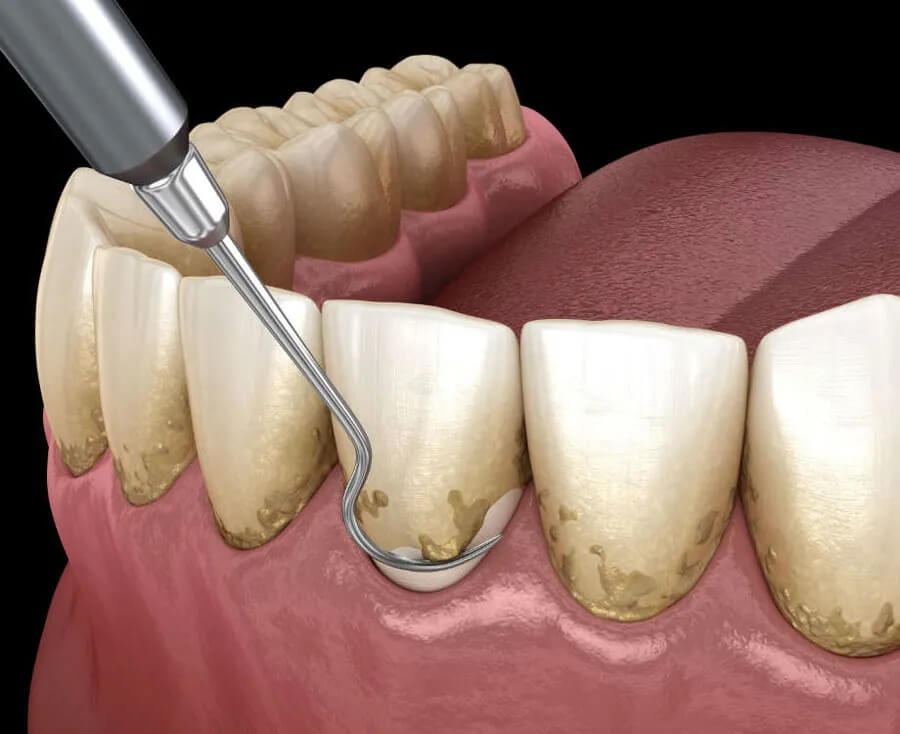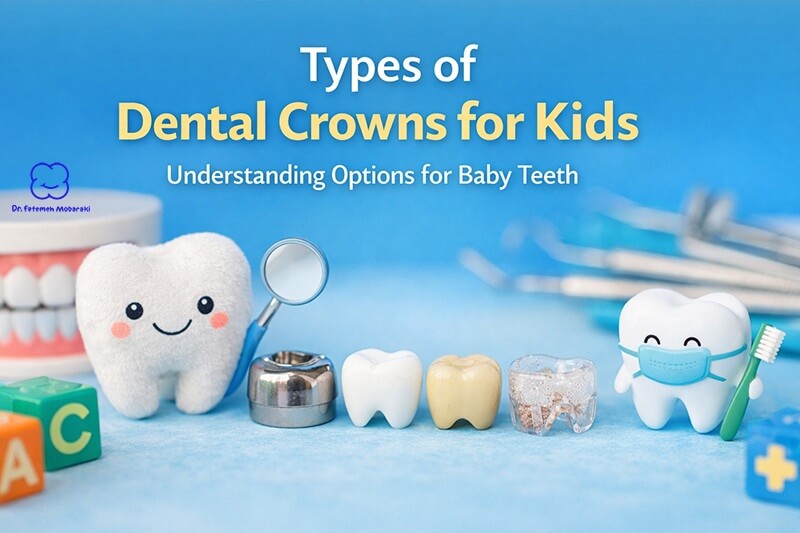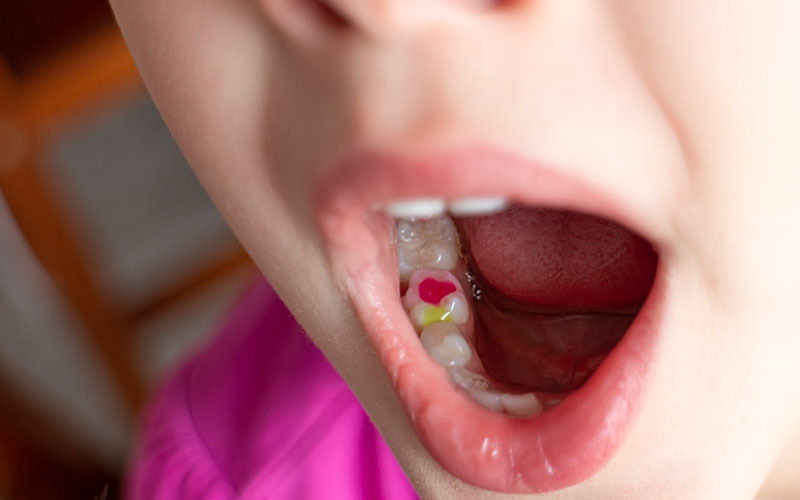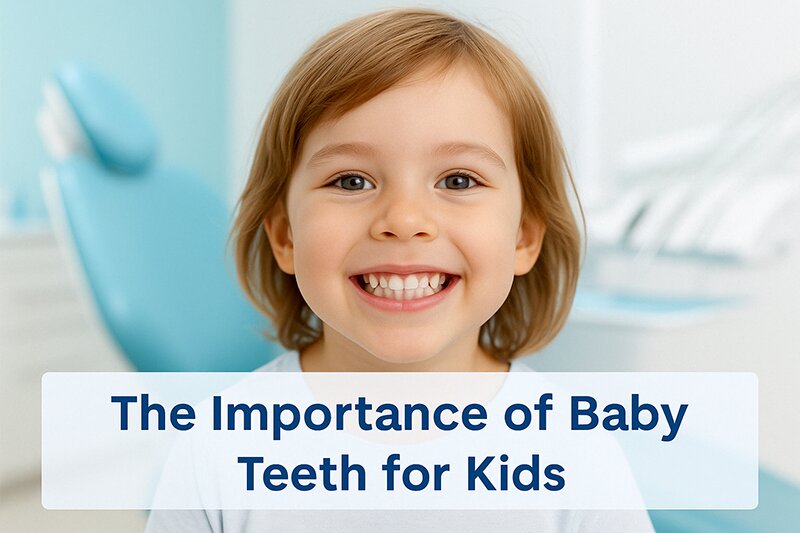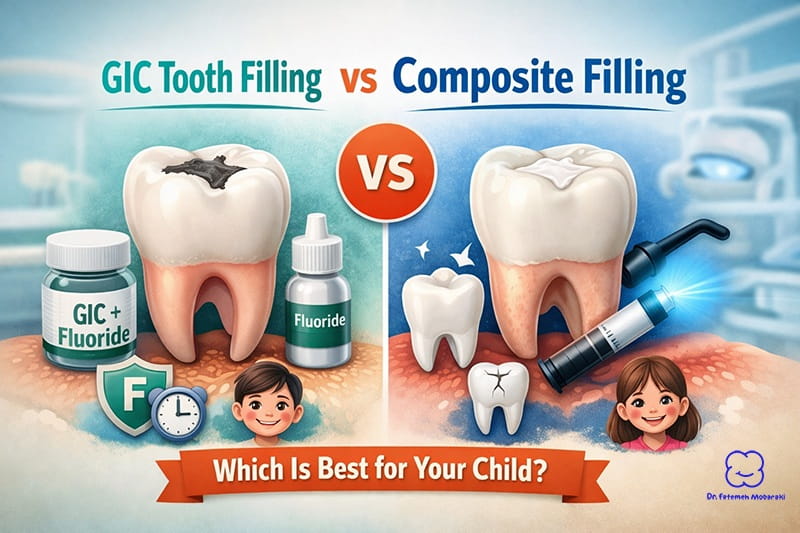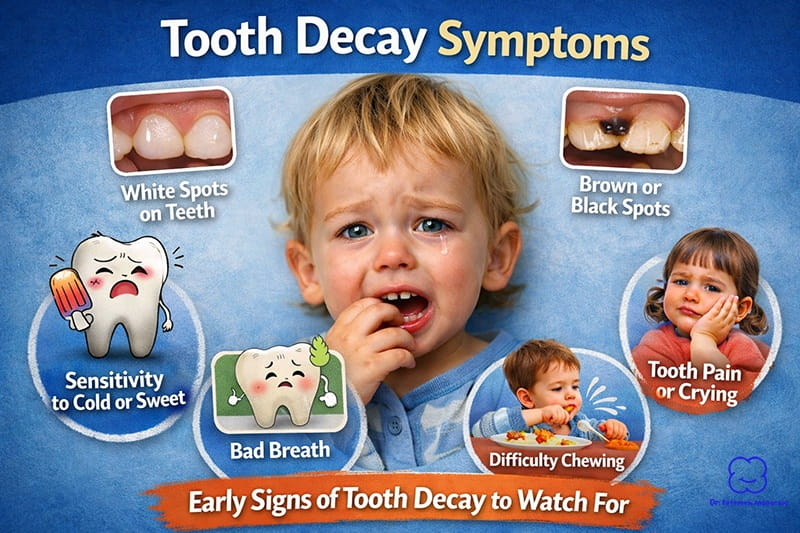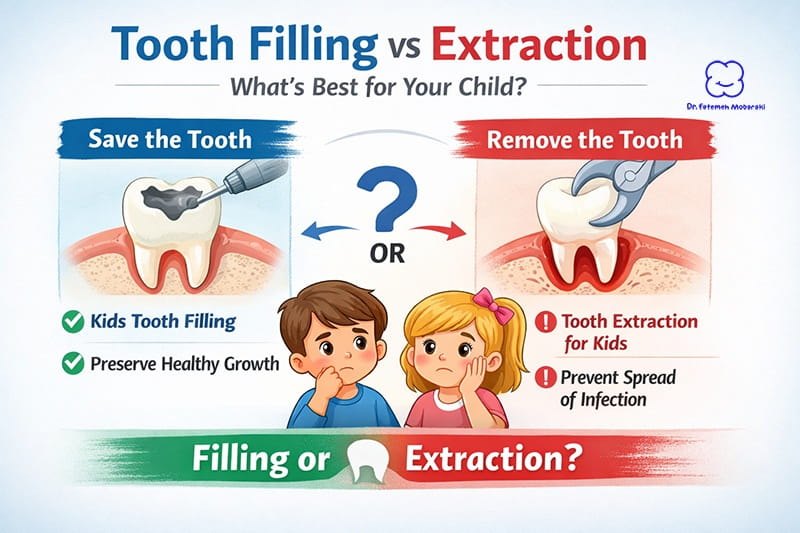Ensuring your child’s oral hygiene is crucial for their overall health and development. While brushing, flossing, and regular dental check-ups are important, many parents overlook the need to prevent tartar, also known as dental calculus. In this blog post, we will explore what tartar is, how it forms, and why it’s essential to address it in children. By the end, you’ll have the knowledge to safeguard your child’s smile from the damaging effects of tartar.
What is Tartar?.
Tartar, or calculus, is a hardened form of dental plaque. Plaque is a soft, sticky film of bacteria that accumulates on teeth after eating and drinking. When plaque is not removed through brushing and flossing, it hardens into tartar. Unlike plaque, tartar adheres firmly to the teeth and gum line and cannot be removed by brushing alone. Dental calculus requires professional cleaning by a dentist to be effectively eliminated.
How Does Tartar Form?
The formation of tartar begins with the accumulation of plaque. When your child consumes foods or drinks, especially those high in sugars and starches, bacteria in the mouth break down these substances, producing acids. These acids mix with food particles and saliva to create plaque. If plaque is not removed within 24 to 72 hours, it hardens into tartar due to the minerals present in saliva.
The Dangers of Tartar in Children
Tartar may not seem dangerous at first, but it can lead to several serious oral health issues if not managed. For children, the risks associated with dental calculus include:
1.Gum Disease: Tartar buildup can cause gum inflammation, leading to gingivitis, the early stage of gum disease. If left untreated, it can progress to periodontitis, a more severe form of gum disease that can result in tooth loss.
2.Tooth Decay: Tartar is porous and traps bacteria, which produce acids that erode tooth enamel. This can lead to cavities, a significant concern for children whose teeth are still developing.
3.Bad Breath: The bacteria in dental calculus can produce unpleasant odors, leading to chronic bad breath (halitosis) in children.
4.Stained Teeth: Tartar is often yellow or brown, causing visible staining of the teeth. This can affect your child’s confidence and willingness to smile.
Preventing Tartar Buildup in Children
Preventing tartar buildup is key to maintaining your child’s oral health. Here are some effective strategies:
- Brushing Twice a Day: Encourage your child to brush their teeth twice daily with fluoride toothpaste. Ensure they brush for at least two minutes, focusing on the gum line where tartar commonly forms.
- Flossing Daily: Flossing removes plaque from between the teeth and under the gum line, areas a toothbrush can’t reach. This is essential to prevent dental calculus from forming in these hidden spots.
- Healthy Diet: Limit sugary and starchy snacks, as these contribute to plaque formation. Instead, promote a balanced diet rich in fruits, vegetables, and dairy products, which help maintain strong teeth and prevent tartar.
- Regular Dental Check-ups: Schedule regular dental visits for professional cleanings and check-ups. A pediatric dentist can remove any existing tartar and provide guidance on maintaining your child’s oral health.
- Use of Antibacterial Mouthwash: Incorporate an antibacterial mouthwash into your child’s oral care routine. This can help reduce the bacteria that contribute to plaque and dental calculus formation.
Read more: Why Should We Take Our Child to a Pediatric Dentist
A Word from Our Pediatric Dentist
Dr. Fatemeh Mobaraki, our pediatric dentist in Mirdif, Dubai, emphasizes the importance of early intervention:
“Tartar is a significant concern in pediatric dentistry because it can lead to serious oral health problems if not addressed early. Regular dental visits and proper oral hygiene practices at home are essential in preventing tartar buildup. At our clinic, we focus on educating both children and parents to ensure that every child grows up with a healthy, beautiful smile.”
The Importance of Early Dental Care
Educating your child about oral hygiene from a young age is crucial for preventing tartar and ensuring lifelong dental health. Pediatric dentists play a vital role in teaching both parents and children about proper oral care practices, including preventing dental calculus. Regular dental visits help manage tartar and detect any potential dental issues early.
Conclusion
While tartar is a common dental issue, it is entirely preventable with the right care. As a parent, you can protect your child’s smile by establishing good oral hygiene habits and ensuring regular visits to a pediatric dentist. At our pediatric dentistry clinic in Dubai, we are committed to providing comprehensive dental care tailored to the unique needs of children. Together, we can keep those little smiles bright, healthy, and free from dental calculus!

